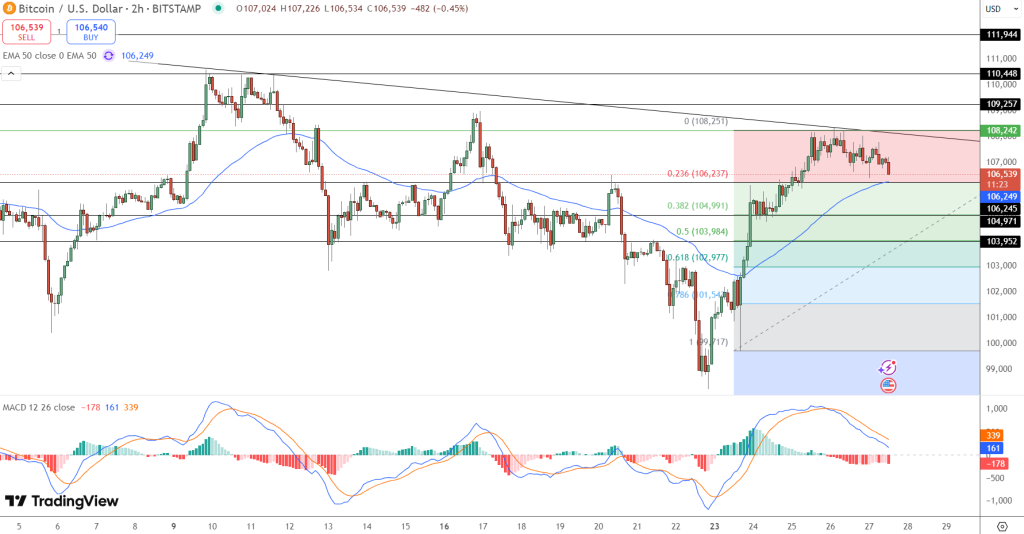Enjoy complimentary access to top ideas and insights — selected by our editors.
The contentious 150-hour rule — the number of college credit hours required to sit the CPA exam — has been a sticking point in the profession since it became the standard in the 1990s. With an
Median annual salaries for entry-level accountants hover around $65,000, according to 2024
Next to lower wages, many have suggested that the time required to pursue a CPA license has been a major hurdle driving prospective talent into other financial services. As a result, the American Institute of CPAs and the National Association of State Boards of Accountancy have started to guide states through adopting additional licensure pathways.
These efforts have been met with optimism from state CPA societies and accounting students alike, but
Susan Speirs, chief executive of the Utah Association of CPAs, said that while the passage of a CPA licensure bill in the state is a good first step to address the talent shortage across the profession, it’s hardly the last.
“My hope would be that we can start discussing the real issues surrounding our profession such as firm models, salary models, image models, CPE models, PE models and more before the profession implodes on itself,” Speirs said.
Read more:
For Calvin Harris, chief executive of the New York Society of CPAs and a CPA who was licensed more than 20 years ago, a return to the former 120-hour standard isn’t as outlandish as it sounds.
“Where we’ve landed here in New York is that while we will continue to offer the pathway of 150 credit hours, we thought it was right to add back the 120-hour pathway,” Harris said. “In many ways it’s new since it hasn’t really been active, at least in New York, for more than two decades. But it’s also a return to a pathway [that previously existed].”
Regarding perspectives that lowering the credit hour threshold would yield less skilled accounts, Harris said that the total six years spent pursuing the accreditation has not and would not change. What would change is a contentious fifth year in school that could be a financial make-or-break for some students.
“We’re talking about socioeconomic barriers,” Harris said. “From a diverse profession perspective, we also see where that fifth year burdens underrepresented groups on a higher level.”
Leaders with the state CPA societies of Iowa and California have similar sentiments regarding the “extra” 30 hours spent towards a CPA license, and how the financial burden of those hours takes a different toll on underrepresented groups.
California’s
Read more:
States that have successfully
Dive into more coverage of the topic and the broader implications of the 150-hour rule below.

AICPA, NASBA mull alternative pathways to CPA licensure
In February, the American Institute of CPAs and the National Association of State Boards of Accountancy introduced proposed changes to the Uniform Accountancy Act model legislation that would provide states with codified language for drafting CPA licensure-focused bills.
Both organizations called upon the joint UAA committee to draft templated law language that involves a bachelor’s degree plus two years of experience as a state-determined pathway to licensure that incorporates a broad role for experience and individual-based practice privilege that incorporates a CPA’s ability to practice across state lines.
“The accounting profession has seen a remarkable convergence in recent weeks of stakeholders around flexibility that creates greater access for those who are interested in pursuing a career in accounting,” Susan Coffey, CEO of public accounting at the Association of International Certified Professional Accountants, told Accounting Today.
Read more:

PeopleImages/Getty Images
Could alternatives to the 150-hour rule create new talent pipelines?
For more than 20 years, the 150-credit hour rule for becoming a CPA has been the standard across the profession. But as a dwindling number of college students elect to major in accounting, combined with stagnating wages and the cost of higher education, that stands to change over the coming years.
Data gathered in a 2023 Center for Audit Quality study found that more than half of nonaccounting majors pegged higher starting salaries as the deciding factor for not studying accounting.
“If you just took [the Consumer Price Index] and applied it to the starting salary back in 1982, you’re very close to the starting salary of what the fifth-year students were a year ago, so the profession really hasn’t caught up,” Edward Wilkins, an accounting professor and former audit partner at a Big Four firm, told AT. “Did they ever really get credit for that fifth year if it was just a CPI adjustment?”
Read more:

Ohio, Virginia among host of states pushing past 150-hour rule
While
Utah Gov. Spencer Cox signed
States with bills in progress include Illinois, Indiana, Massachusetts, Minnesota and others, many of which have the backing of their state CPA societies.
Read more:

Iowa successfully adds new paths for CPA licensure
State legislators in Iowa, with the support of the Iowa Society of CPAs, have passed a bill that would create new alternatives for obtaining CPA licensure within the region.
Any changes stemming from the bill would go into effect on July 1, 2026, upon Gov. Reynolds signing it into law.
“This legislation reflects a forward-thinking approach to licensure that preserves the integrity of the CPA while opening the door to more aspiring professionals,” ISCPA interim CEO Ardis Kelley said in a statement. “At a time when the profession is experiencing a decline of new licensees and increase in retirements, this is a much-needed step to attract new talent.”
Read more:

Nick Fox – stock.adobe.com
Georgia CPA advocates successfully pass bill for CPA licensure
Among a host of states working to overhaul the traditional pathways to becoming a CPA, Georgia is one that has seen recent success.
Also included are provisions for allowing out-of-state CPAs to practice in Georgia. The bill awaits signing by Gov. Brian Kemp.
“The new pathways to CPA licensure and expanded practice privilege mobility are essential steps toward addressing the growing demand for skilled accounting professionals,” GSCPA CEO Boyd Search said in a statement.
Read more:
Credit: Source link









